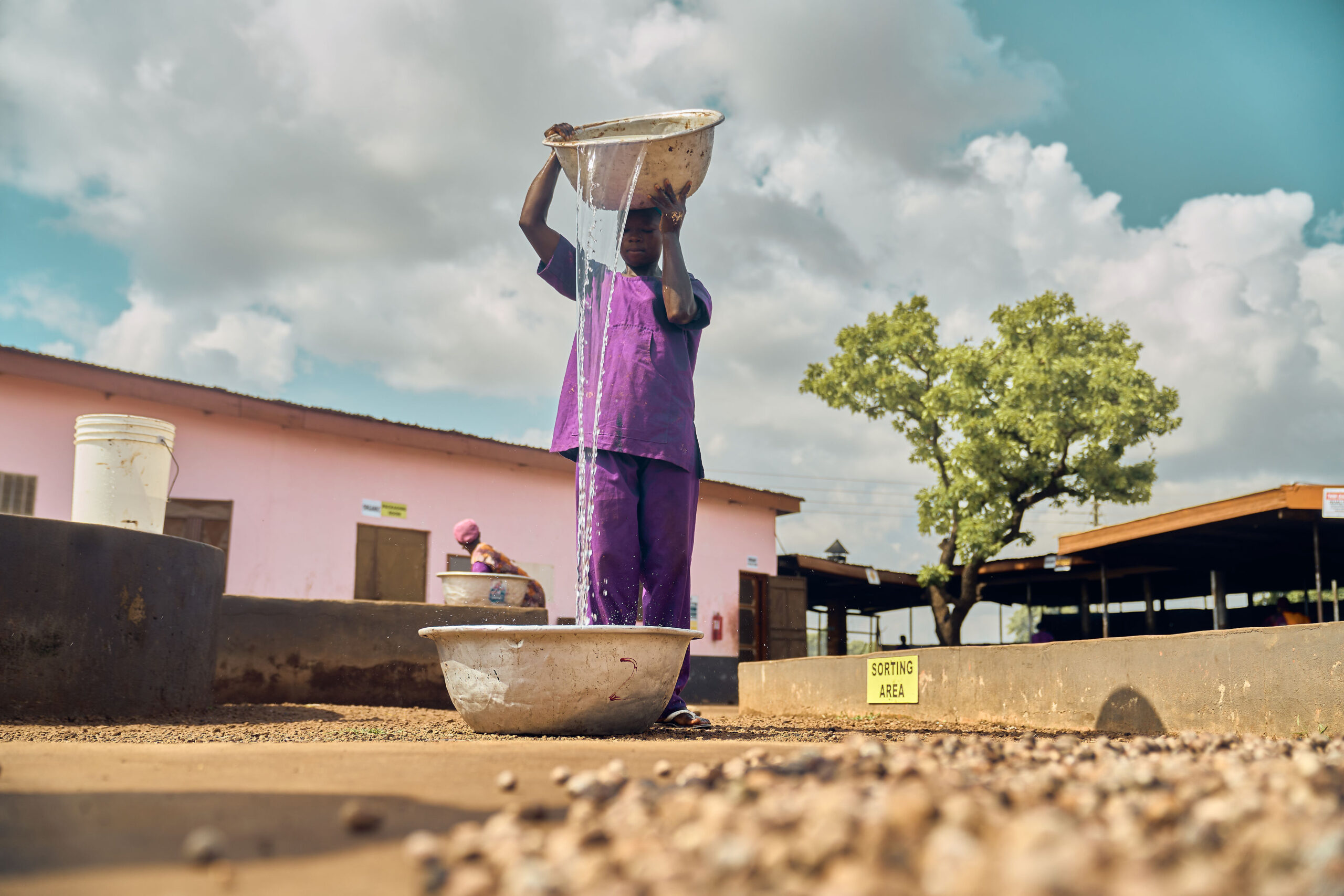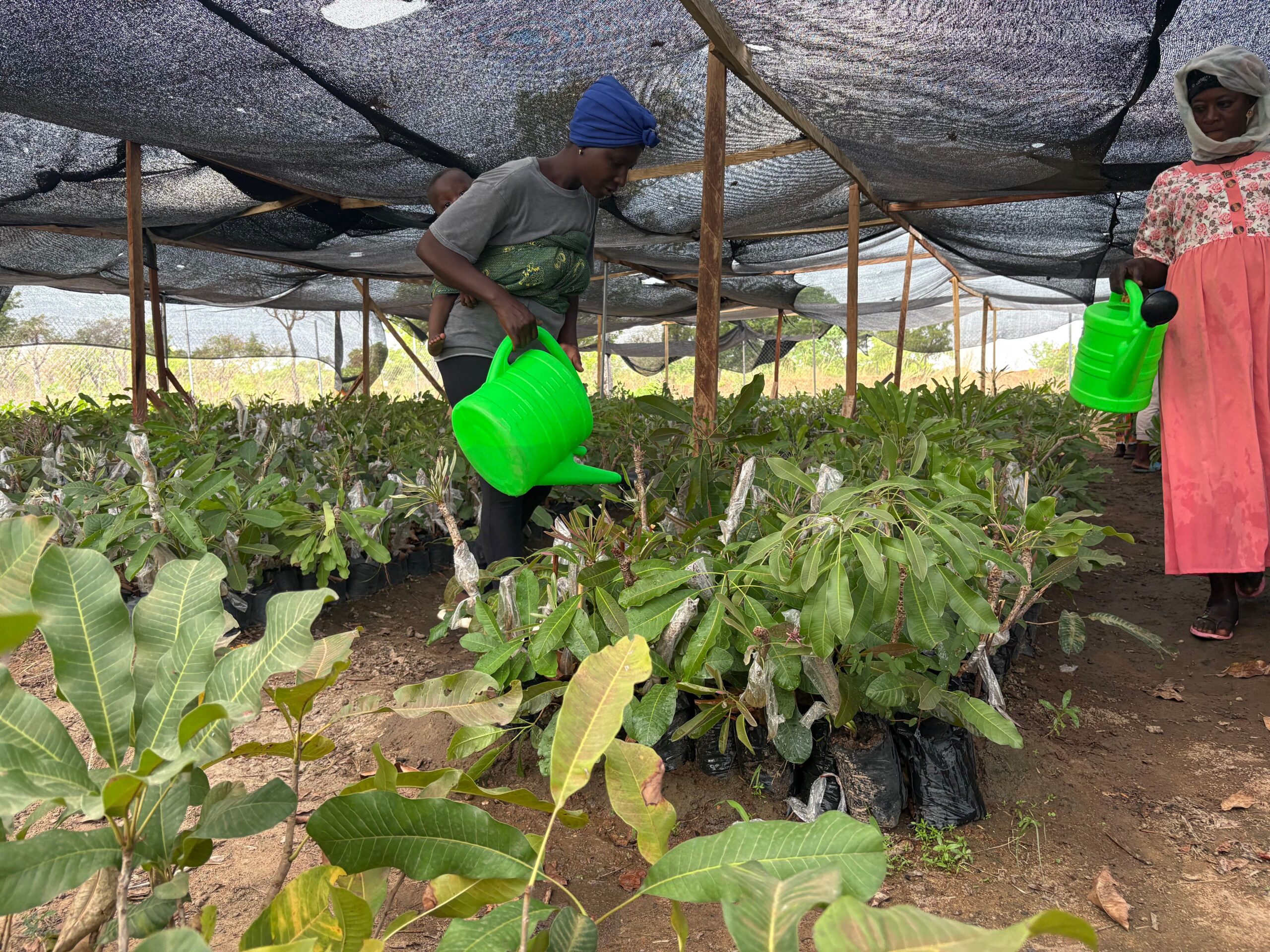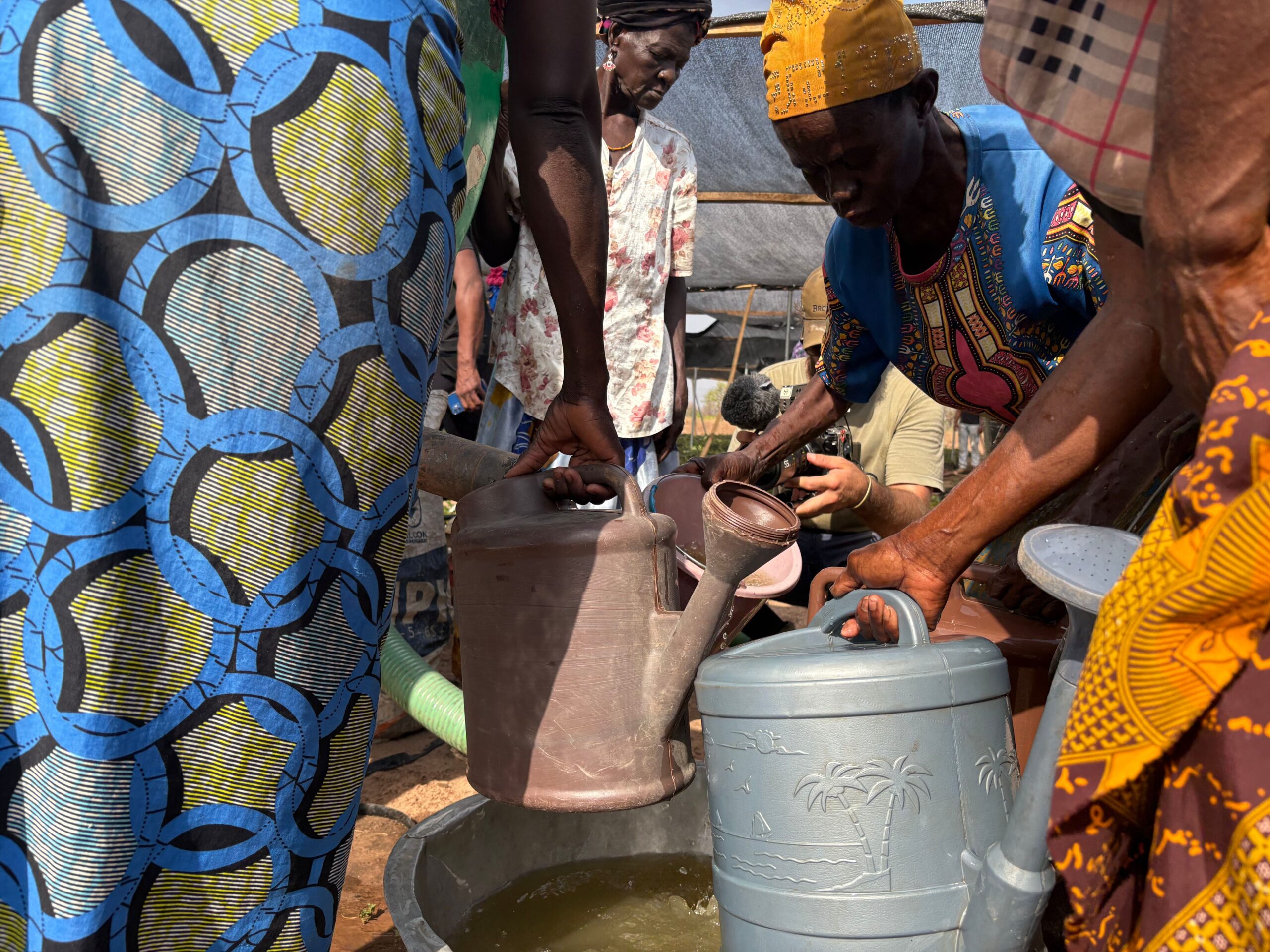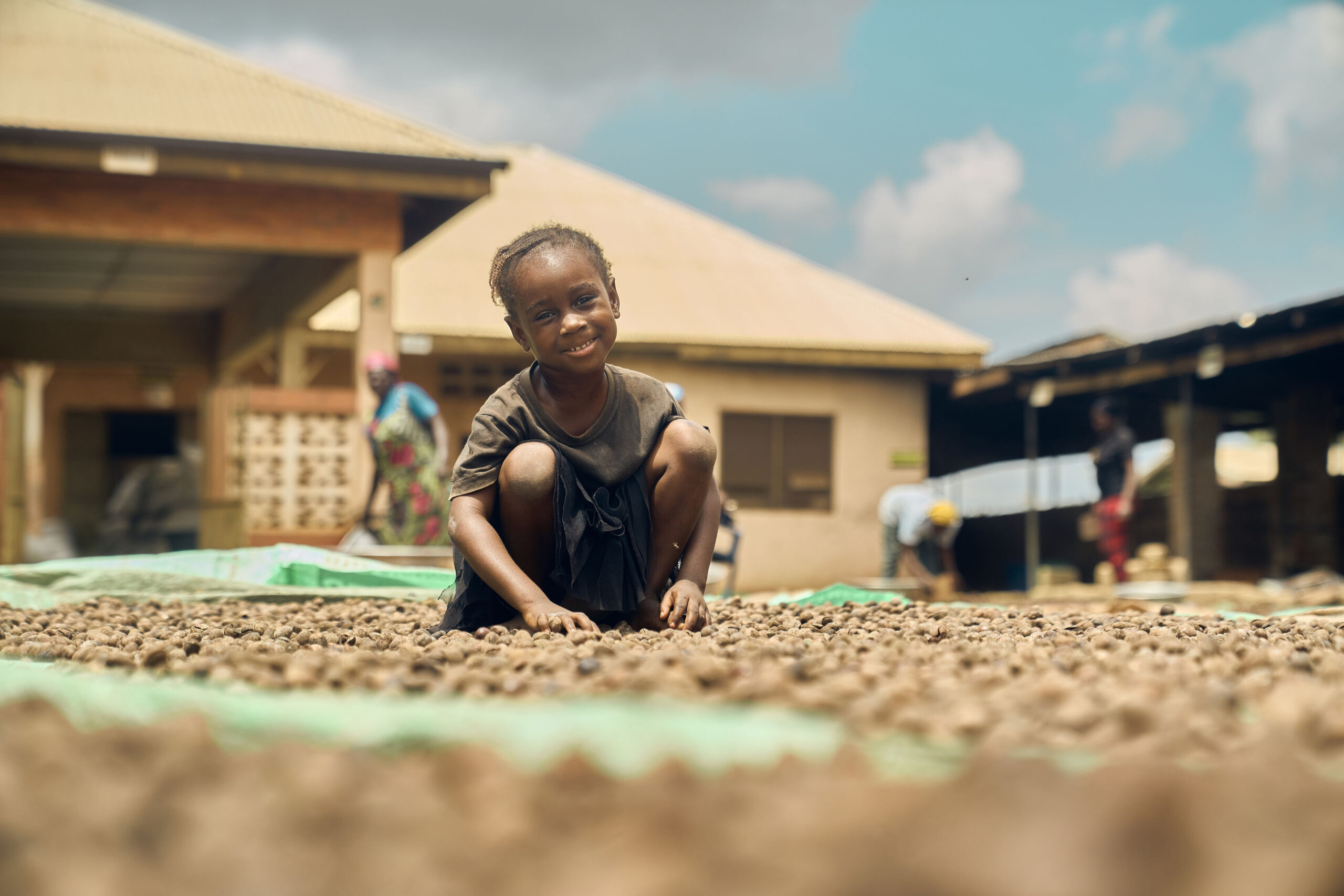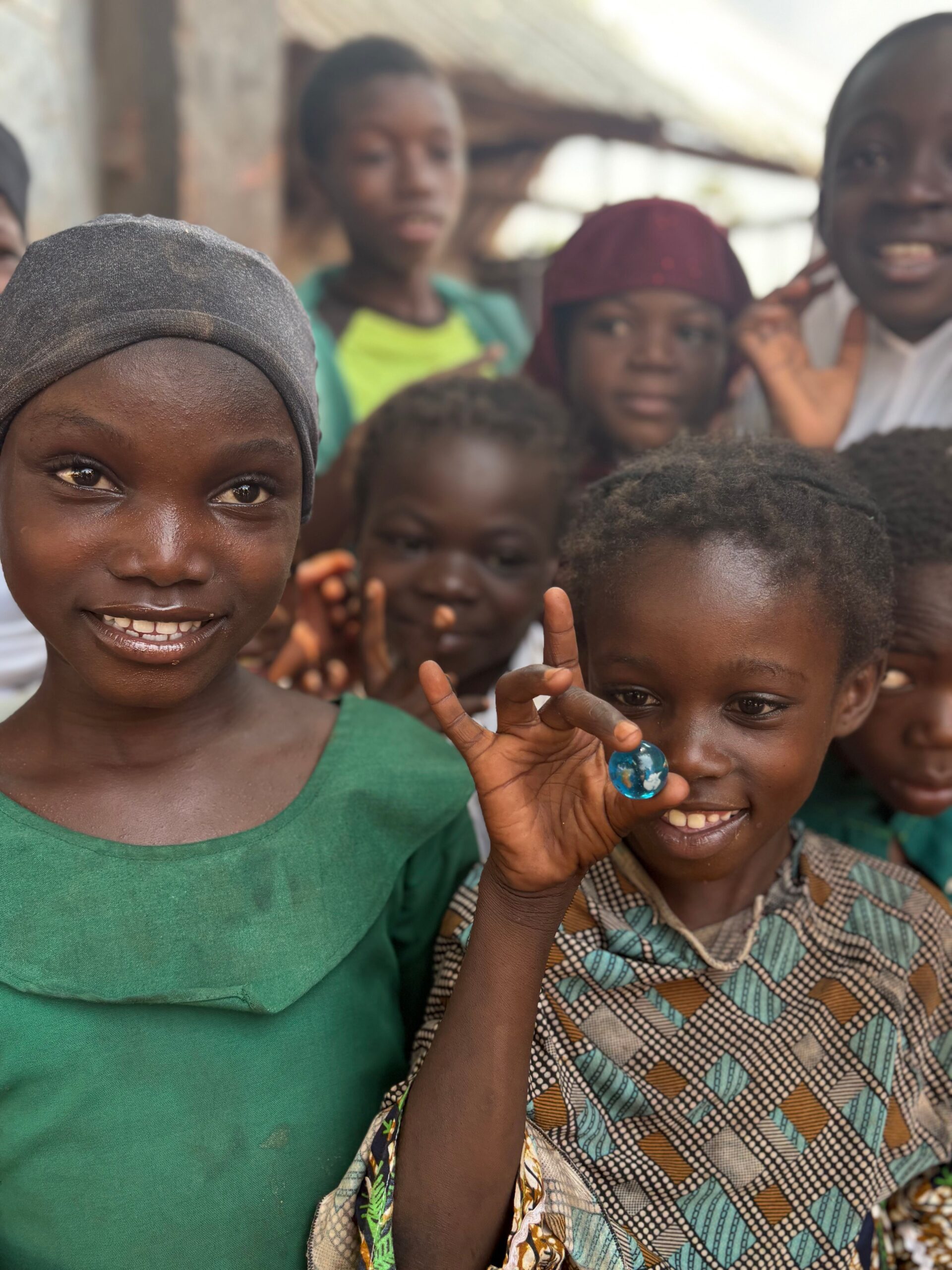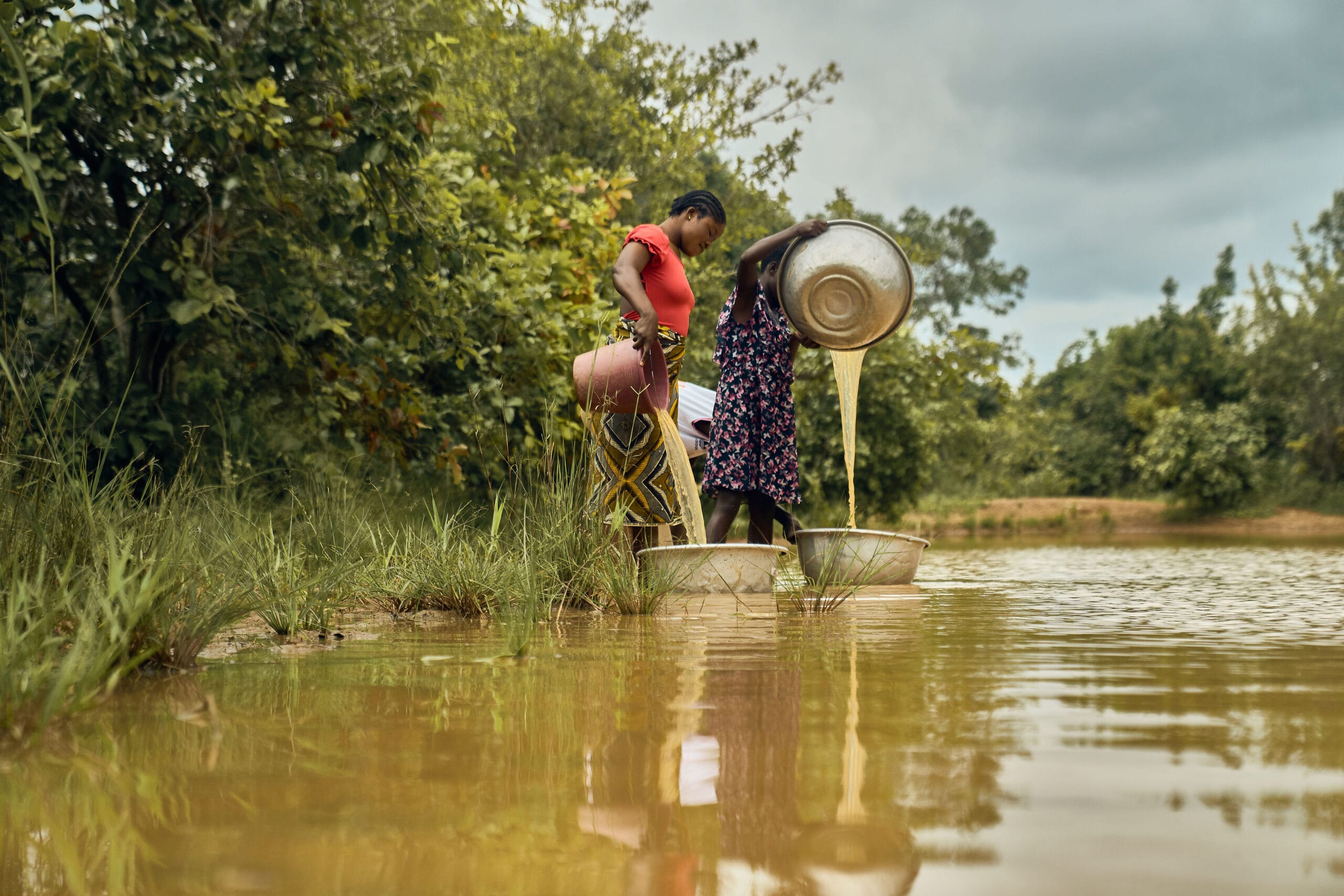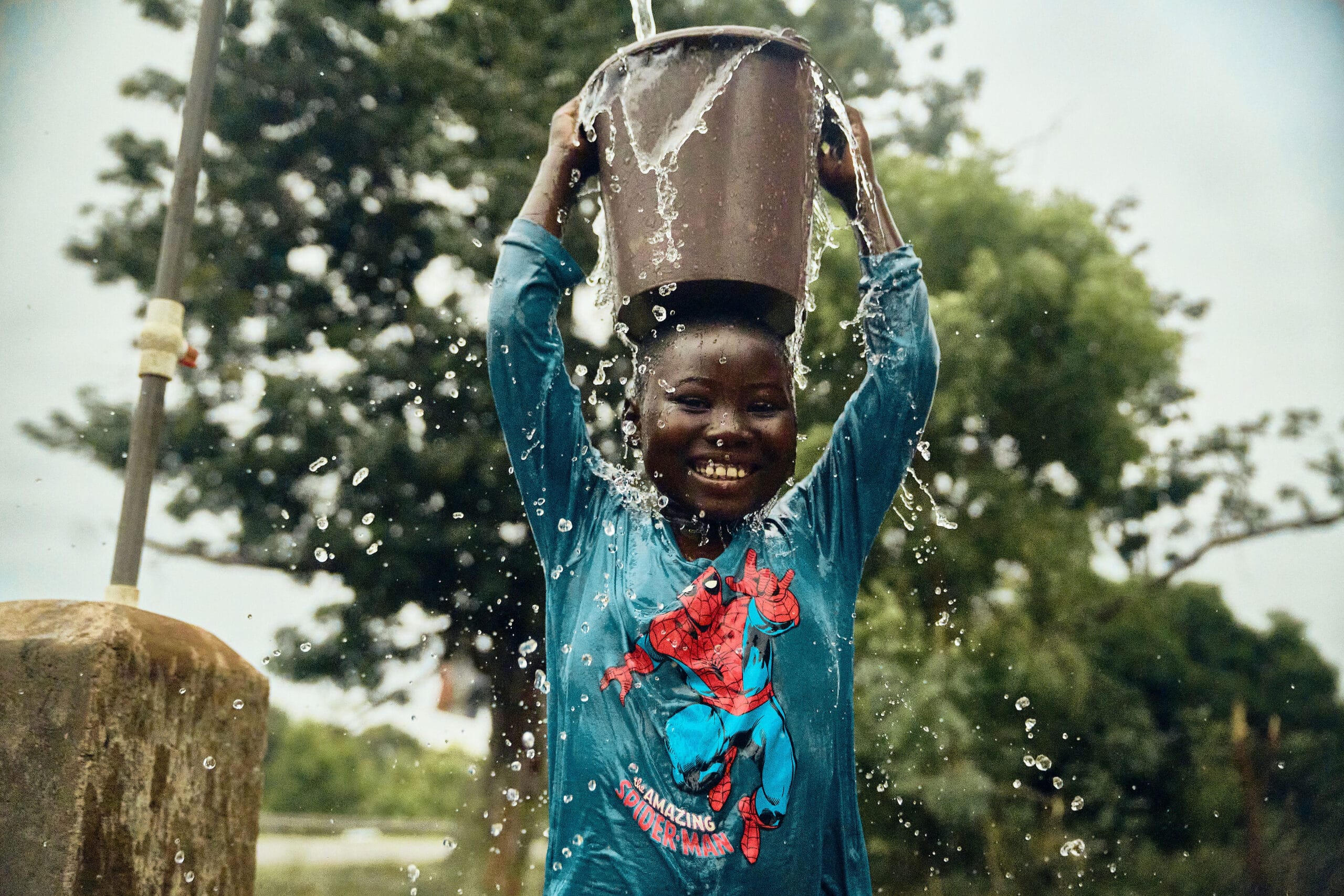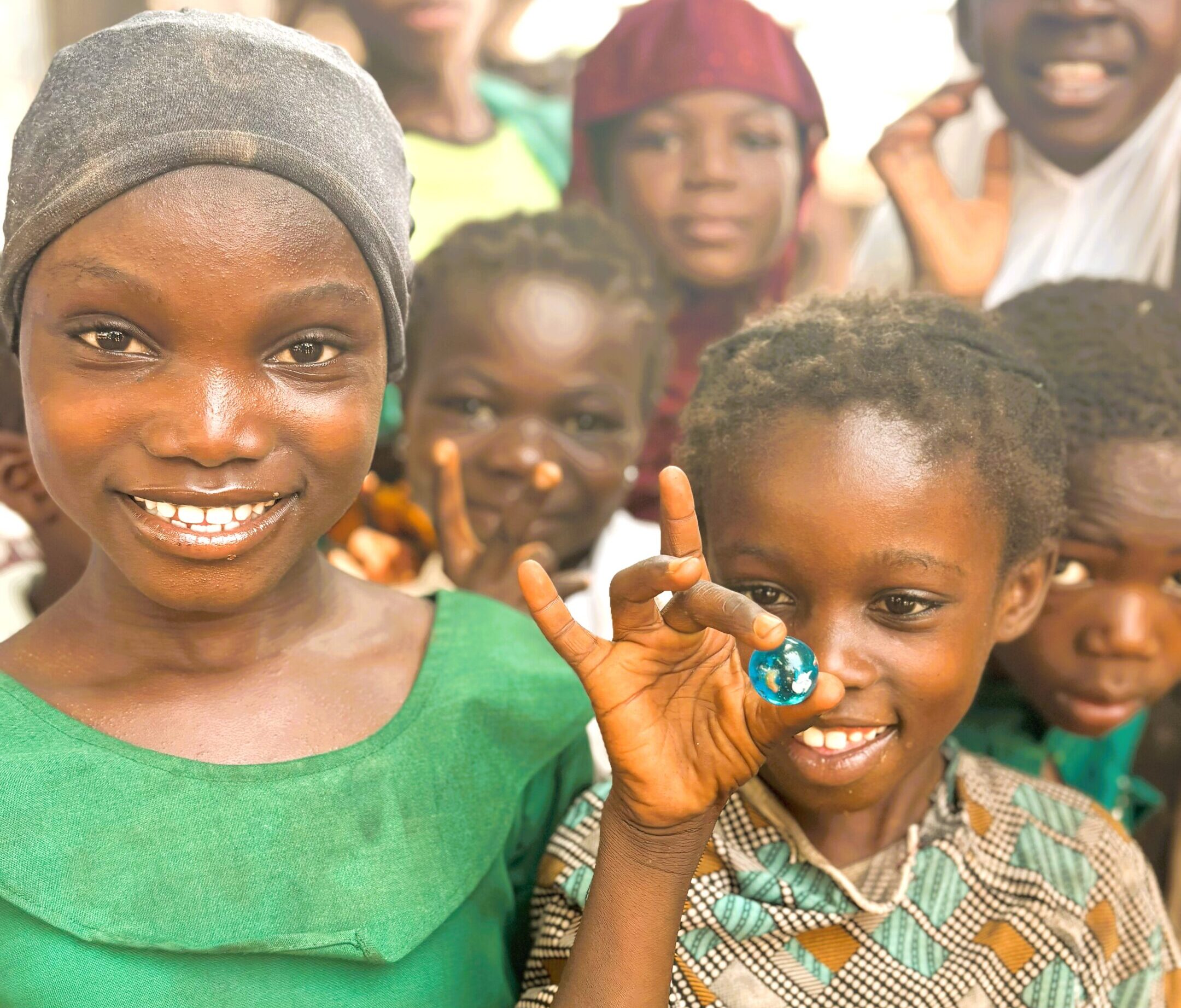Water for West Africa Launches Joint Partnership to Empower Women Shea Processors in Ghana
We’re thrilled to share some exciting news! Water for West Africa has joined forces with the Global Shea Alliance (GSA) and eos Products (Evolution of Smooth) in a powerful new partnership to support women in the shea industry and bring lasting change to rural communities in Ghana and Côte d’Ivoire.
This initiative is part of the Shea Investment and Jobs Creation Program (SHIP), in collaboration with the Deutsche Gesellschaft für Internationale Zusammenarbeit (GIZ) GmbH, within the framework of the Special Initiative ‘Decent Work for a Just Transition’ of the German Federal Ministry for Economic Cooperation and Development (BMZ). Together, we’re working to equip 150 women from two remarkable cooperatives – the Bobobo Women’s Shea Butter Association in Ghana and Coopérative Clojo in Côte d’Ivoire – with the tools they need to flourish.
At the Root: A Shared Vision for Sustainable Growth
The program is designed to strengthen the capacity of 12,000 women in shea kernel and butter processing by enhancing product quality, creating decent jobs, and enabling greater private sector investment in women-led cooperatives.
For years, women have been the invisible backbone of the shea industry, harvesting, processing, and producing the butter that ends up in food and beauty products worldwide. This partnership recognizes their expertise, their resilience, and their right to safe, dignified work. By combining the strengths of each organization, GSA’s industry leadership, eos’s ethical sourcing standards, and Water for West Africa’s clean water solutions, we’re delivering meaningful, lasting impact.
Our joint efforts include:
- Modern equipment to reduce physical labor and improve product consistency
- Entrepreneurship and cooperative training to strengthen leadership and diversify income (including new ventures like soap-making)
- Mechanized boreholes and WASH training to ensure hygiene in production and improve community health
What part does clean water access play?
Clean water transforms every stage of shea production, bringing wide-reaching benefits to the women who power this vital industry. Safe, reliable water helps produce higher-quality shea butter by ensuring that kernels are washed properly and equipment stays clean, which opens doors to premium markets and better prices. It also protects health by reducing the risk of waterborne diseases and promoting good hygiene during processing.
When women don’t have to spend hours fetching water, they gain valuable time to grow their businesses, learn new skills, or care for their families. Access to clean water also allows cooperatives to branch out into new ventures like soap-making, boosting income and local jobs. Beyond production, these improvements strengthen entire communities, healthier families, more resilient villages, and women empowered to lead lasting change.
“Access to clean water is transformative,” says Ricky McWhorter, Executive Director of Water for West Africa. “By improving the water quality used by shea farmers, we are enhancing product quality, reducing health risks, and opening new avenues for sustainable growth.”
This collaboration is about more than improving productivity. It’s about restoring dignity, expanding opportunity, and building the foundations of women-led economic resilience.
